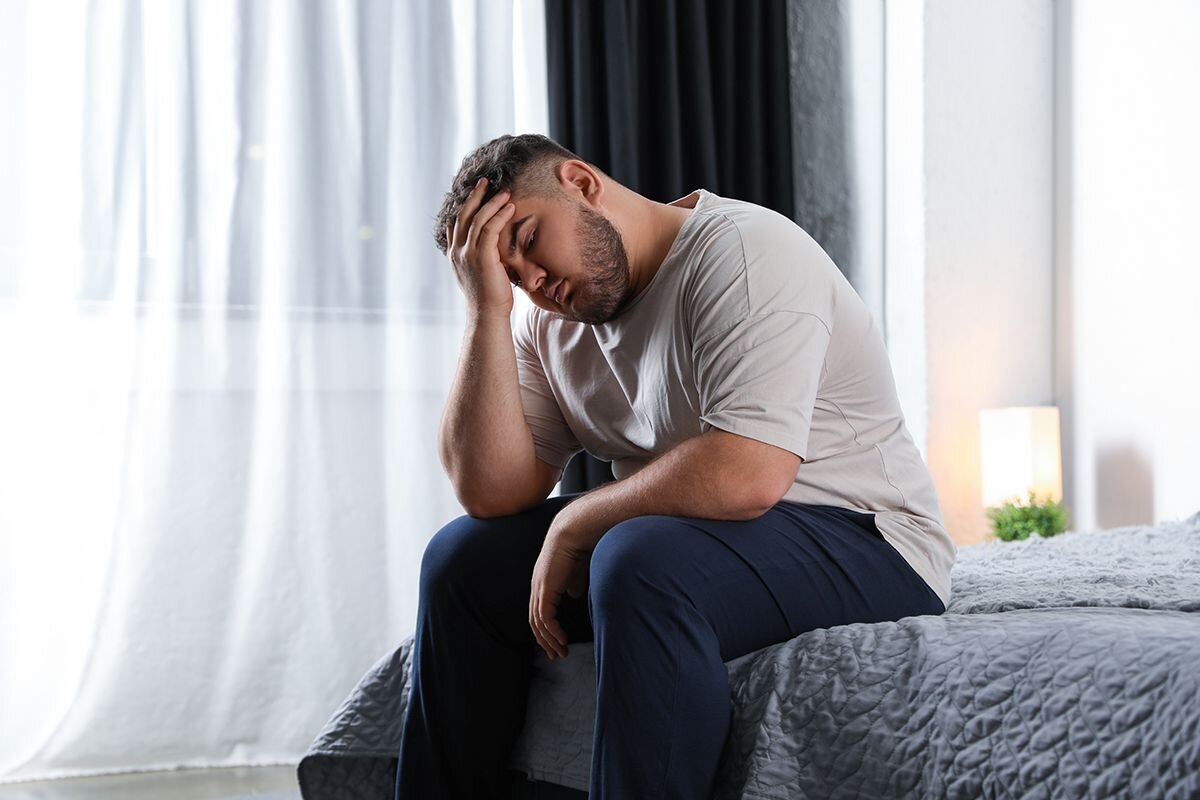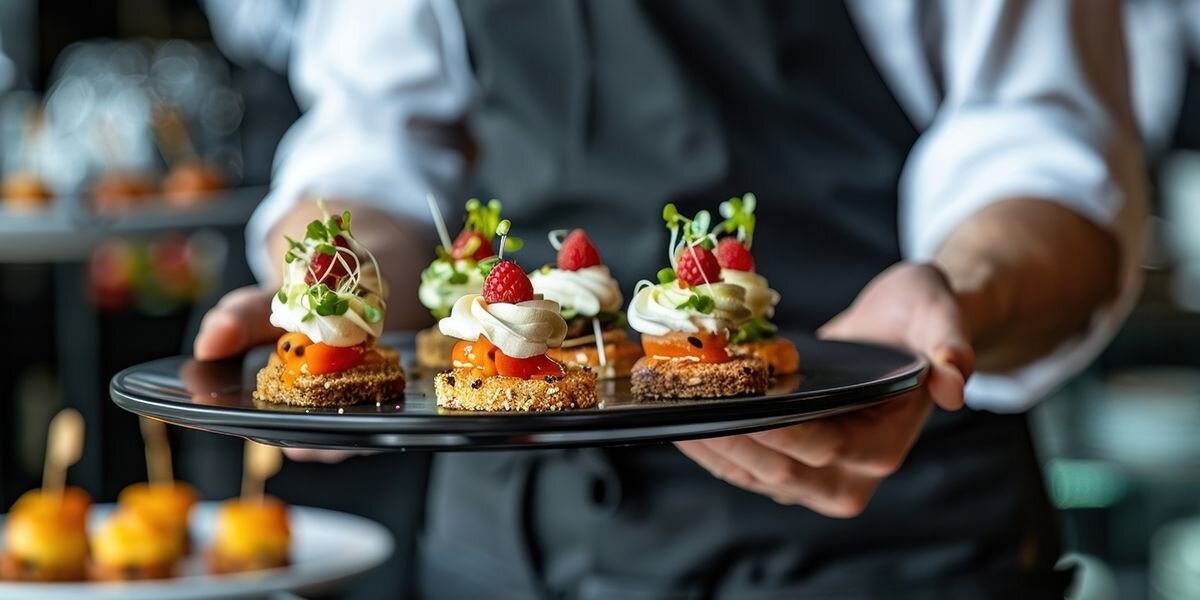FitForMe is trusted by 200,000+ customers and 8000+ healthcare professionals
FitForMe is trusted by 200,000+ customers and 8000+ healthcare professionals

Trustpilot score: 4.4 out of 5
Sometimes you experience the feeling that your food does not want to go down and gets stuck in your esophagus. This is a passage problem. In this blog you can read what that is and what you can do.
What is a passage problem?
After a stomach reduction you may sometimes experience the oppressive feeling that your food will not go down. The food seems to get stuck in your esophagus. Sometimes you also experience pain, nausea or vomiting of mucus. In that case, there is a passage problem. And you are not the only one who experiences this sometimes. Many people with a weight loss surgery have experienced this.
What causes a passage problem?
A passage problem can arise because you eat too quickly or take bites that are too large. Your body then spends a while processing that bit of food and is not yet ready when the next bit comes. The next bit cannot go any further and will make you feel like it got stuck.
What can you do if you have a passage problem?
It is important to make space in your upper body. You do this by raising your arms in the air. Or do some small stretching exercises. This way you create more space at your breastbone, so that the food can sink gently. After a few minutes you should feel much better!
Tip: do not drink water if you have a passage problem
Your first instinct when you have a passage problem is to drink a sip of water. But you better not do that, because then you make it worse. After all, the food is stuck and the water has nowhere to go.
How do you prevent passage problems?
It is best to first look at how or what you have eaten and drunk. Certain foods or a fast way of eating may explain why you suffer from passage problems.
1. Small portions and eat slowly
If you ate too large a portion or too quickly, the food will not (yet) fit properly in your small stomach. Then things get stuck. This often happens when you eat unconsciously, for example when you have a snack while watching a movie.
In those cases you don't really pay attention to your eating behaviour, which means you quickly take too large bites. That is why it is good to eat consciously. Only eat small bites at a time and take your time between each bite. Then your stomach and intestines can gradually process the small snacks.
2. Chew well
If you have not chewed properly, the pieces of food in your body will be too large and dry to be processed properly. By chewing thoroughly, you grind your food in your mouth into small, moist pieces. You then make it easier for your stomach and intestines to process and absorb this.
3. Avoid food that is difficult to chew
Some foods, including white bread and red meat, are more difficult to chew and swallow. It is then extra important that you have chewed this thoroughly enough.
Do you continue to suffer from passage problems with these foods specifically? Then it is better to avoid those foods for a while.
Contact doctor if complaints persist
You can often prevent passage problems by eating very consciously and only taking small bites. Are you already doing that and are you still experiencing passage problems? Then we advise you to contact your doctor.


